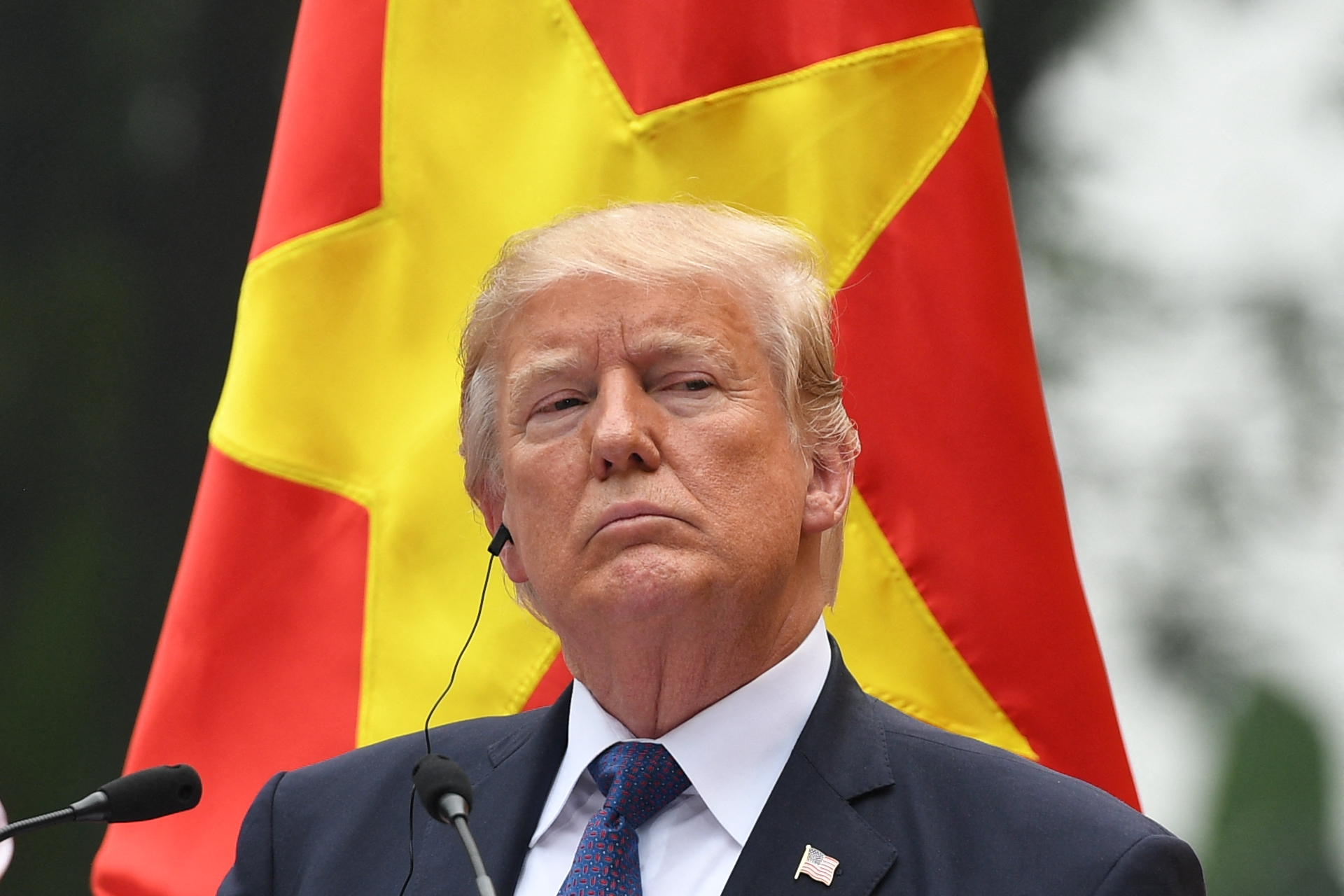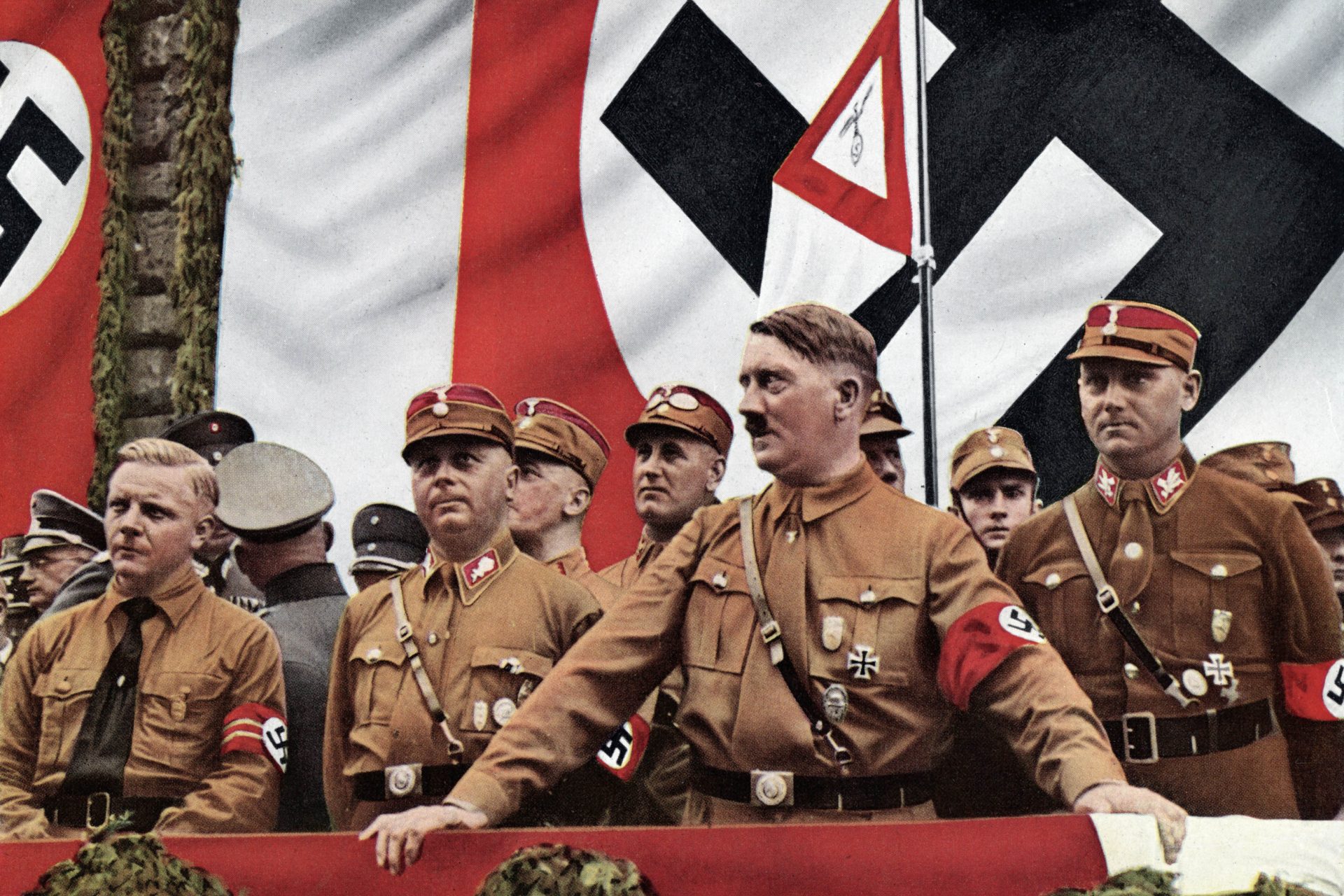MAGA Communism: The Far-Left that loves Donald Trump
There are many things you would expect to hear about Donald Trump, either good or bad, depending on your political beliefs. However, something you would never expect, from any side of the political spectrum, is people regarding Trump as a Communist icon.
The horseshoe theory states that the more radical and extreme the far-left and the far-right go, the more similar they become. Perhaps this could help to explain the latest fringe political movement: MAGA Communism.
As British newspaper The Guardian writes, MAGA Communism is full of contradictions. These include supporting Donald Trump, opposing “global elites” and “The West”, defending traditional values, and admiration to Vladimir Putin.
The Guardian highlights that MAGA Communists argue that Donald Trump represents the biggest mobilization of the American working class in decades.
MAGA Communists also argue that topics such as transgender rights, climate change, and racial justice as mere neoliberal distractions to more pressing issues.
Although described as a fringe movement, it has caught the attention of Spanish newspaper El País, which highlights how it sees no problems supporting Palestine while opposing Ukraine and Taiwan.
One of the most visible faces of the MAGA Communism movement is online influencer and political commentator Jackson Hinkle.
Hinkle is described by El País as supporting Bernie Sanders and opposing nuclear plants and firearms in his teenage years before turning to the right.
According to El País, Hinkle describes himself on social media as an “American patriot, God-fearing, pro-family, Marxist-Leninist, pro-Palestine, pro-Russia and China, anti-deep state, anti-imperialist, anti-woke, pro-growth, anti-monopoly, pro-gun, pro-fossil fuel”.
Although Hinkle and his fellow MAGA Communists have been set aside by mainstream political discourse, they have found allies such as Russian ultranationalist philosopher Alexander Dugin.
The Guardian describes how MAGA Communism also appeals to young Gen Z males, who see feminism as harmful to men.
Meanwhile, Marxist economist Richard Wolff told The Guardian that, in times of social upheaval and economic difficulty, it’s not unusual to see nationalistic movements to co-opt Communist rhetoric and imagery.
“If you’re a political movement and you want to get supporters at a time when socialism is attracting more and more interest, well, you might be tempted to grab hold at least of the name,” Wolff said, making comparisons with the National-Socialist Workers’ Party of Germany, better known as the Nazi Party.
More for you
Top Stories


























